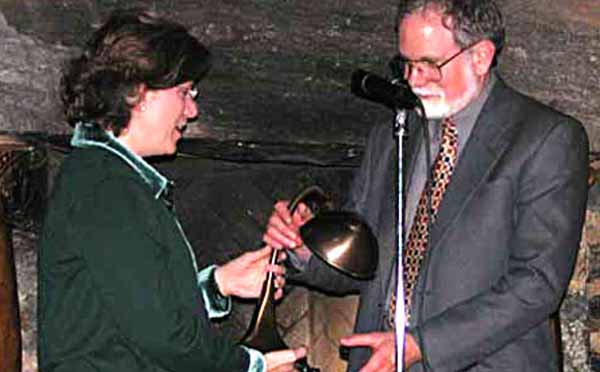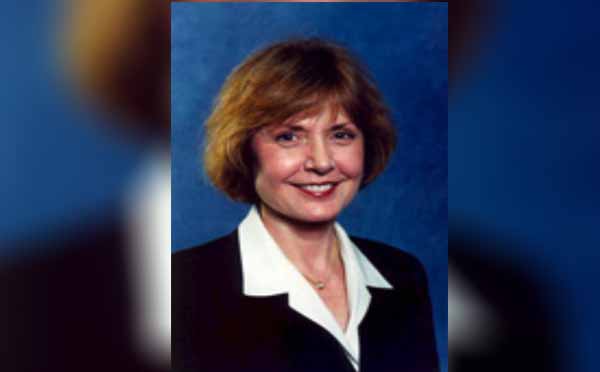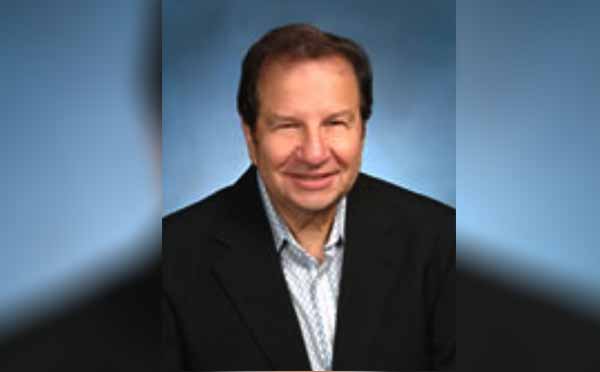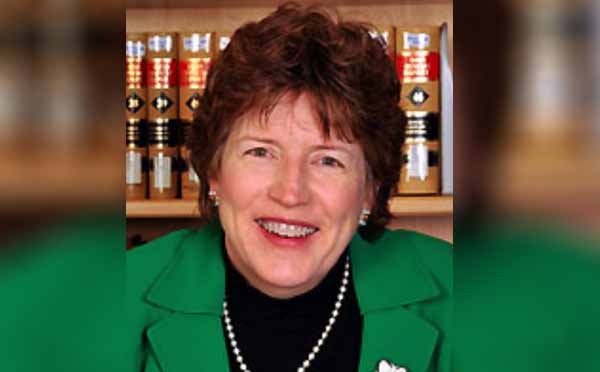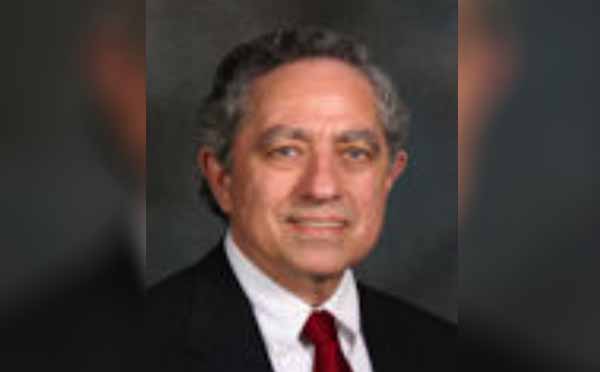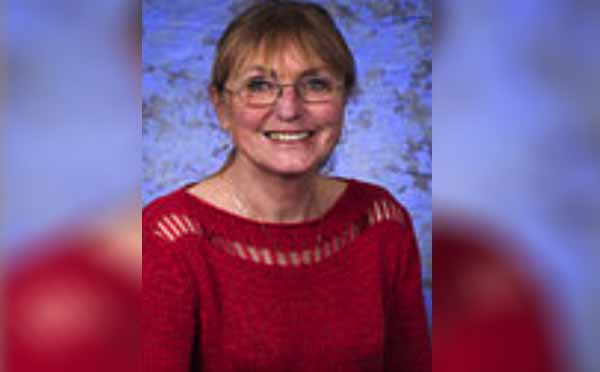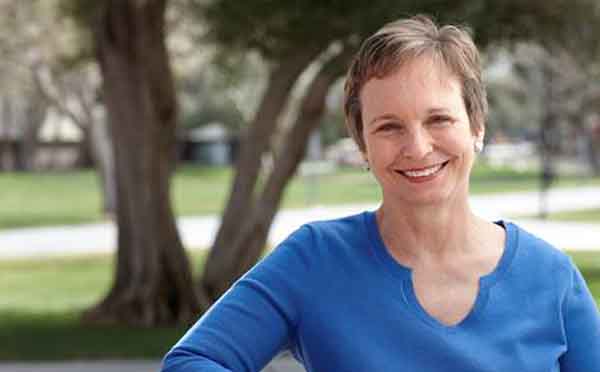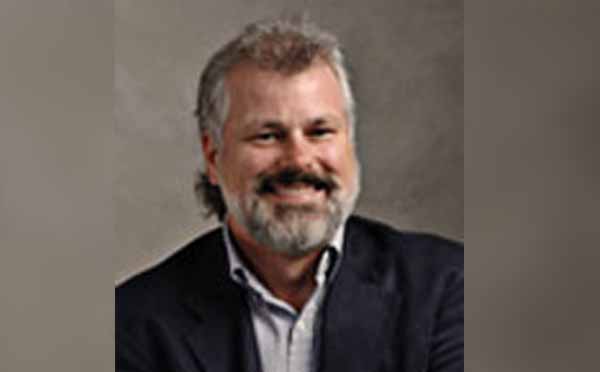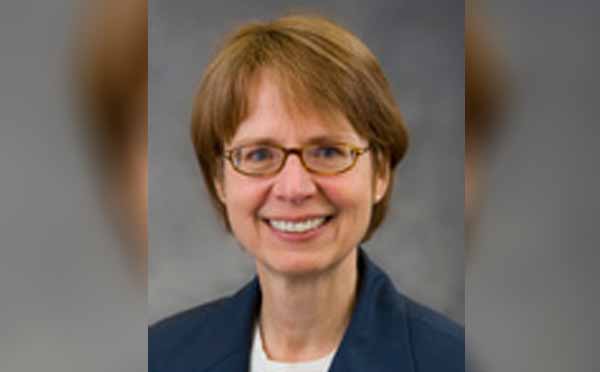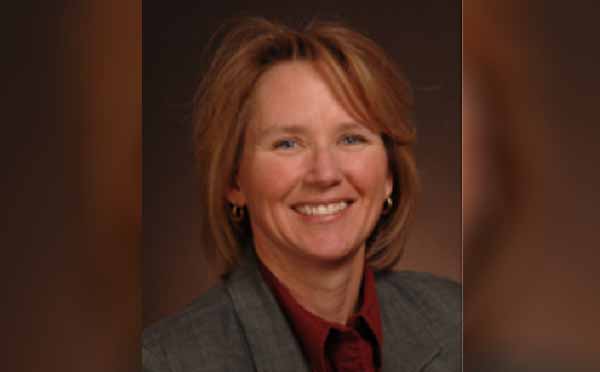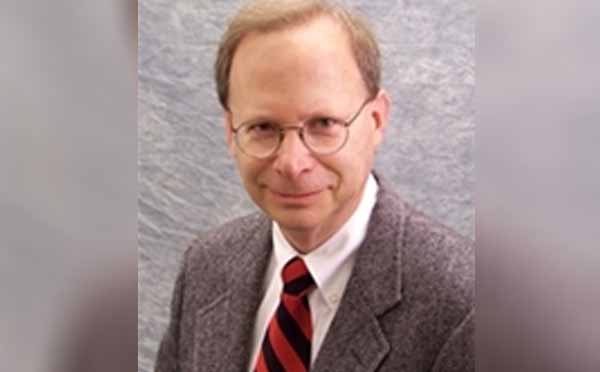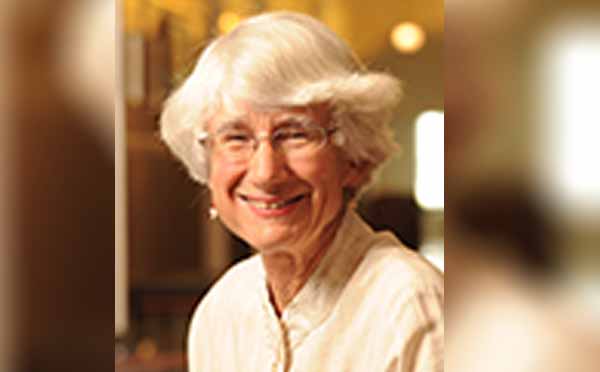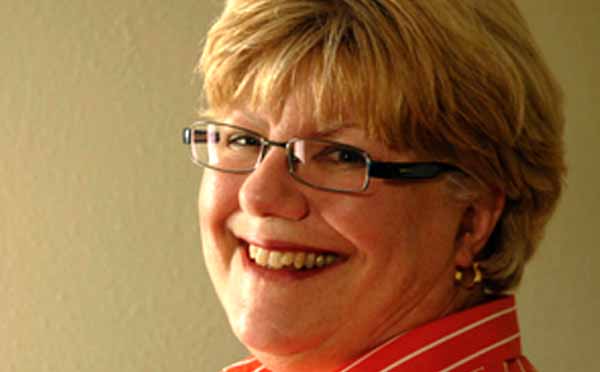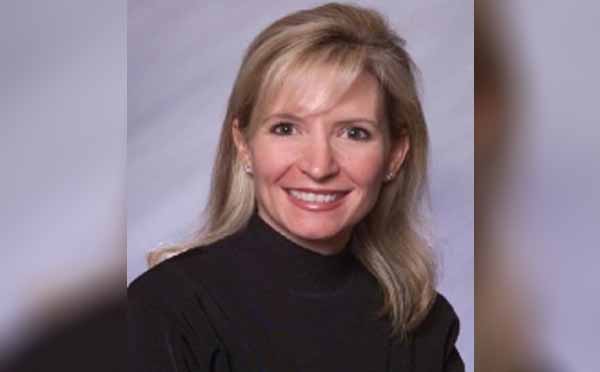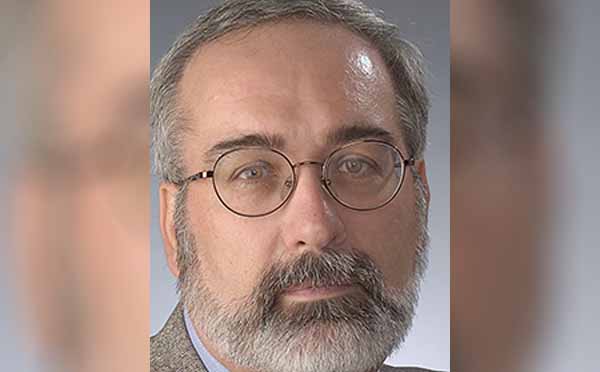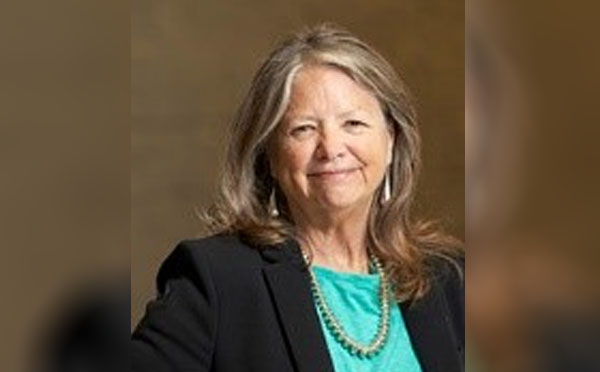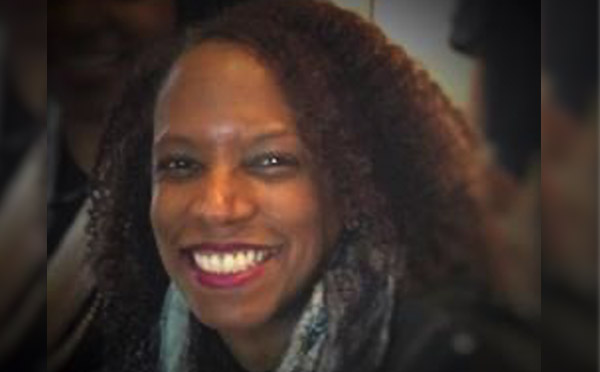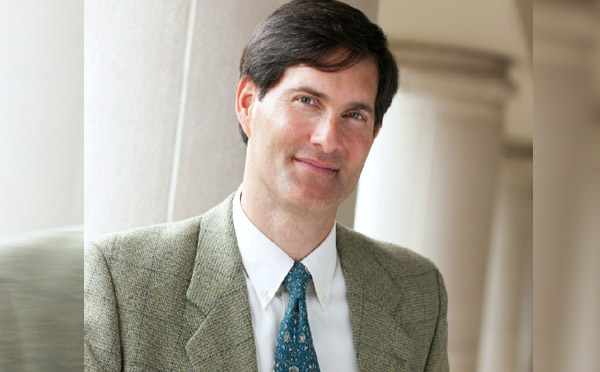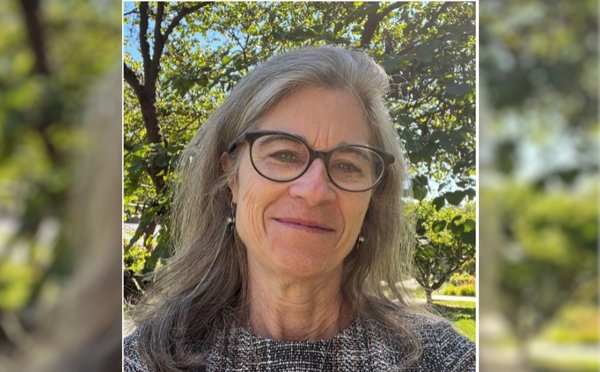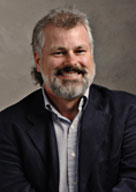
Steve Johansen is a Professor of Law at Lewis & Clark Law School in Portland, Oregon, where he has led the school’s Legal Writing program for more than twenty years. As a national leader in the field, Steve was a member of the Board of Directors of the Legal Writing Institute (1996-2008), and not only served as the Institute’s President (2002-2004) and as Treasurer (1996-2000), but has also served on the Board of Editors of Legal Writing: the Journal of the Legal Writing Institute. He founded LWI’s highly successful Writers Workshop. Steve is former Chair of the AALS Section on Legal Writing, Research, and Reasoning (2002), and he served on the section’s Executive Committee (2000-2002), and as Chair of its Program Committee (1999). He is one of the author/editors of Interpreting Oregon Law, a publication for the Oregon State Bar.
Steve’s influence, however, extends far beyond the borders of the United States. He has been in the vanguard of developing Legal Writing pedagogy on the international stage. Steve was one of the first U.S. Legal Writing scholars to teach lawyering skills courses overseas, beginning as a visiting scholar at the University of Latvia (1999), then visiting at the University of Cork, Ireland (2002), and most recently, as a program planner or presenter at conferences in the Czech Republic, Kenya, Turkey, and the United Kingdom. In fact, Steve is the author of the first Legal Writing textbook in Latvian, Juridiska Analize Un Tekstu Rakstisana, now in its third edition. Steve was one of the creative forces shaping a new international series of conferences in Applied Legal Storytelling, the first conference being held in London, England, in July 2007, and the second in Portland, Oregon, in July 2009.
New Orleans, Jan. 2010.
On Receiving the Thomas Blackwell Award
Steve Johansen
First of all, I would like to thank my legal writing colleagues at Lewis and Clark. My philosophy about directing is to hire great people and get out of their way. I could not have done the work I have done with LWI were it not for the support of Daryl Wilson, Beth Enos, Toni Berrres-Paul, Bill Chin, Sandy Patrick, Anne Villella and our two recent Distinguished Legal Writing Visitors, Ken Chestek and Dan Barnett.
As some of you know, I have developed an interest in storytelling over the past few years and so I would like to share three brief stories with you. I believe these stories will accurately reflect my feelings about LWI, ALWD, and this night.
The first story is about our friend Tom Blackwell. I have been thinking about Tom a lot lately and when I do, I am always taken back to one of the last times we spoke. It was after the ALWD conference in Minneapolis in 2001. Tom had worked very hard on this conference and we were enjoying a well earned cold adult beverage with Nancy Schultz. Two things stand out from that conversation.
First, as fathers, Tom and I of course talked about what our children were doing and how proud we were of them. Tom and I agreed that we were both blessed to be able to participate in the raising of people better than ourselves. (For my children, that set a pretty low bar, but for his kids, Tom set a much higher bar!) I am especially pleased that Zeb, Jillian, and Zeke are here tonight as we honor their father.
What also struck me about that conversation, and what I remember to this day, was Tom talking about why he chose to teach at Appalachian School of Law. Tom said he wanted to make a difference. And he wanted to do so by helping to bring legal services to a region that needed them. There were not a lot of opportunities for the citizens of rural West Virginia to attend law school and Tom wanted to change that. He did not seek the prestige of an elite school. He did not seek high rankings in US News. He sought to make a difference. In doing so, he not only inspired his students. He inspired me, and I am sure many of you.
Tom of course, also collected light bulb jokes. And in that spirit, I have created one for this occasion:
How many Legal Writing Professors does it take to screw in Tom’s light bulb?
A: All of us:
One to write the draft proposal;
Four to do a careful peer review;
One to write the revised plan;
Four to blog about it;
26 to write about it on the listserv until Grumpy Ed tells them to get back on topic;
Eight to write Second Draft pieces on how they have improved on the original plan;
Two to sell commemorative glow-in-the-dark pens in the on-line Legal Writing store;
Six to write haikus about it to avoid grading papers;
And everyone else to convince the casebook faculty that our light shines brighter than theirs.
Now I shared that joke with my wife, Lenore, and she immediately asked if I was going to write a haiku. Because I always do what Lenore tells me, I would like to offer the following haiku. But, I like to think of this as an Irish haiku in that it is also a toast. So, if you have a glass handy please join me in the first Tom Blackwell haiku toast:
We come together
Lights shining ever brighter
Remembering Tom.
The second story is, I think, a reflection on the Legal Writing Institute and what it has meant for the past 25 years. It happened last summer at the Writers’ Workshop. I don’t think a cold adult beverage was involved this time–just iced tea–but I was once again talking with some colleagues and the conversation rolled around to the program Lewis and Clark had when I first became director, 22 years ago. I explained that the program consisted of me, 22 second year teaching assistants, and 3 third (or fourth) year “Assistant Instructors.” I lectured to 90 students at a time, and then they met with their TA’s who gave them their writing assignments–and graded those assignments, with a second read by the Assistant Instructors. The only time I read a paper was when it was so bad that TA and AI wanted to flunk the author.
Now, I have told that story many times, and in the past, it was usually met with, “I can top that. Let me tell you about my first Legal Writing job.” But this time, that’s not what happened. This time, my colleagues looked at me like my daughter did the first time she saw me winding a watch. They were looks of disbelief. I suddenly felt like an old man talking about a time long ago and far away. And that made me feel great!
For at least a couple of decades now, those of us who are dedicated to our discipline have been fighting a battle to gain acceptance in the broader legal academic community. I think it is time to declare that the battle is over. We won. Thanks in large part to the Legal Writing Institute, we are not only fully fledged members of legal academia, we are its leaders.
Now, some of you may be thinking that there is still much work to be done. That’s true. But it is time to set aside the battle metaphor and to recognize that we now are working with our casebook colleagues in our continuing effort to better prepare our students to be active contributing citizens in the 21st Century. And when we work with our non-legal writing colleagues, we should remember this. We have smaller classes. We get to work closely with our students. We get to change our curriculum with every new writing project. We get to do the most interesting scholarship. We get to attend the best conferences. We certainly have the most supportive organizations in the academy. Simply put, we have the best jobs in the world. It’s not surprising that some of our colleagues may be a bit disgruntled. So be patient with them–they want to be like us.
And finally, I would ask that you indulge me with a more personal story. This story begins in the fall of 1971 and continues to this day. (I will tell the abridged version!) In 1971, I was a sophomore at Beaverton High School and I somehow had been cast in the fall theatrical production of Dark of the Moon. In addition to play practice every day after school, the cast and crew were expected to attend work parties every Saturday. So I showed up at the first work party, not knowing anything about building sets or even which was the working end of a screw driver. I was pretty clueless, but there was a flurry of activity everywhere. I was floundering, trying to find something that I could do.
About that time, I noticed this girl on the other side of the stage. She wasn’t just working; she was actually building part of the set! She was swinging this hammer like nobody’s business. I thought, “I bet I could learn a lot from that girl!” Well, eventually, I got up the nerve to introduce myself. The first thing she taught me was that “she was not a ‘girl’ but a ‘young woman,’ thank you very much!” So, that was the day I became a feminist.
Though I knew nothing about stagecraft, I was right about that young woman. She has taught me a lot in the past 39 years. She got me though the angst-filled years of high school and college. She supported my dream of law school, even though it meant she would be a virtual single parent for four years. She didn’t kill me when after those four years, I managed to find a lawyering job that paid even less than the teaching job I had left behind. And a few years later, she suspended disbelief when I told her I wanted to run for the LWI Board and that I didn’t think it would take up that much time. Through good times and bad, she was always with me. Whatever success may have come my way results from her love, good humor, and wise counsel.
I know that some people find it obnoxious when they ask me how things are going and I reply, “Perfect.” Some think it reveals an unwarranted arrogance. But it’s not that I am perfect, it’s that my life has been perfect ever since Lenore Anne Honey agreed to marry me. And so it is tonight.
I am inspired by Tom Blackwell. I am awed by the accomplishments of the people of the Legal Writing Institute. I am humbled to receive this award, and I would like you to know that I share it with that young woman from long ago, who still swings a pretty mean hammer. Thank you very much.

